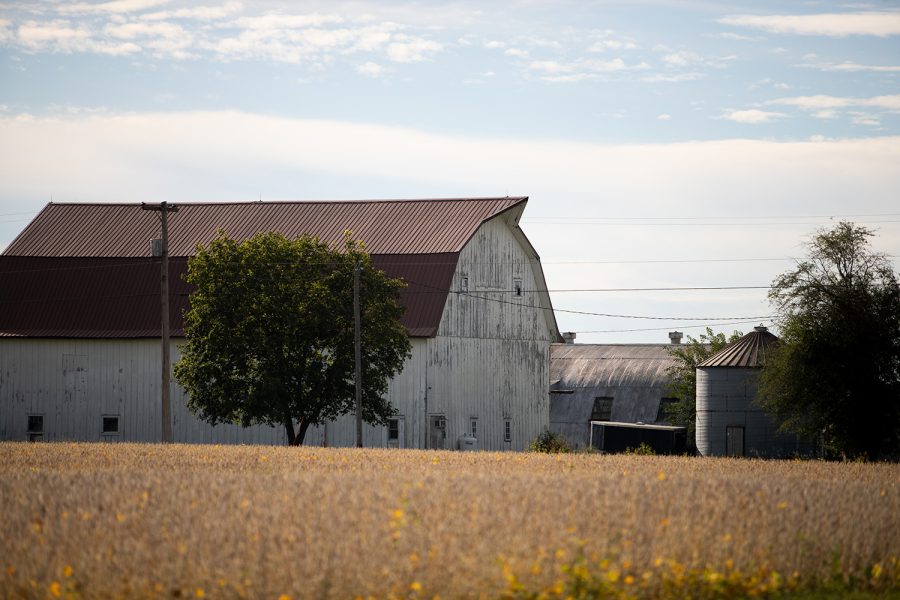WASHINGTON — After more than six months of budget showdowns, lawmakers have yet to move forward with a farm bill.
Iowa Republican Sen. Chuck Grassley said a one-year extension of the 2018 farm bill is likely while lawmakers continue to negotiate a bipartisan bill to reauthorize hundreds of federal grants and programs aimed at farming.
The bill also contains the authorization for the Supplemental Nutrition Assistance Programs, one of the U.S.’s largest anti-hunger programs, administered by the U.S. Department of Agriculture.
Grassley said, however, that negotiations are caught up in deciding how to include more programs and funding focused on helping farmers into the massive bill that is reauthorized every five years under current legislation.
“Farmers need certainty,” Grassley said in an interview with The Daily Iowan on Monday. “What’s holding it up is trying to get a bipartisan agreement to do what we on the [Senate] agriculture committee call putting more farm into the Farm Bill.”
According to Politico, Democrats don’t plan on taking up the farm bill anytime soon while they focus on TikTok legislation, combating the fentanyl crisis, and lowering prescription drug costs among other priorities. In a letter to Senators, Schumer made no mention of the farm bill when laying out the priorities for lawmakers in the coming weeks and months.
The 2018 farm bill expired on Sept. 30, 2023, but was extended to Sept. 30, 2024, in a stopgap funding bill in November 2023.
The farm bill has always been bipartisan, Grassley told the DI. However, lawmakers have been unable to reach an agreement on whether to include $15 billion in spending from the Inflation Reduction Act for climate-smart agriculture to remove the deadline for spending the money and making it permanent.
However, Republicans want to loosen restrictions on the money to give more to farmers with less strings attached, according to Politico. House Republicans want to move some of the climate-smart farming funds to farm safety net programs, but Democrats have rejected both proposals leaving lawmakers in a stalemate.
Grassley also said the 2018 Farm Bill doesn’t account for inflation that farmers are seeing in the basic goods needed to farm like diesel, seed, fertilizer, and chemicals. Grassley said he would like to see more funding for farm programs to account for that price increase.
“The prices that were set in the 2018 farm bill don’t reflect [inflation],” Grassley said. “We need to have a reflection of the inflation [farmers are seeing] and that’s what’s keeping us from getting a bipartisan agreement.”
Grassley said that while Senate lawmakers are working on a solution House lawmakers are looking to put forth their own proposal.
“For the first time that the house may put out a farm bill,” Grassley said. “I’m glad that they’re doing it, but I don’t think it’s going to [make an] impact until we get a bipartisan agreement here in the United States Senate.”



